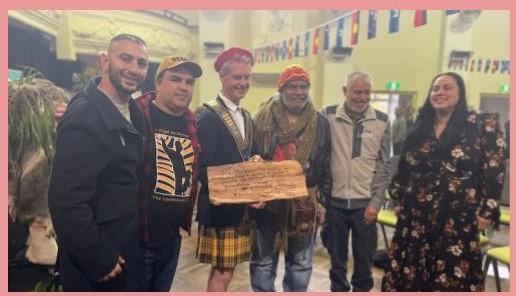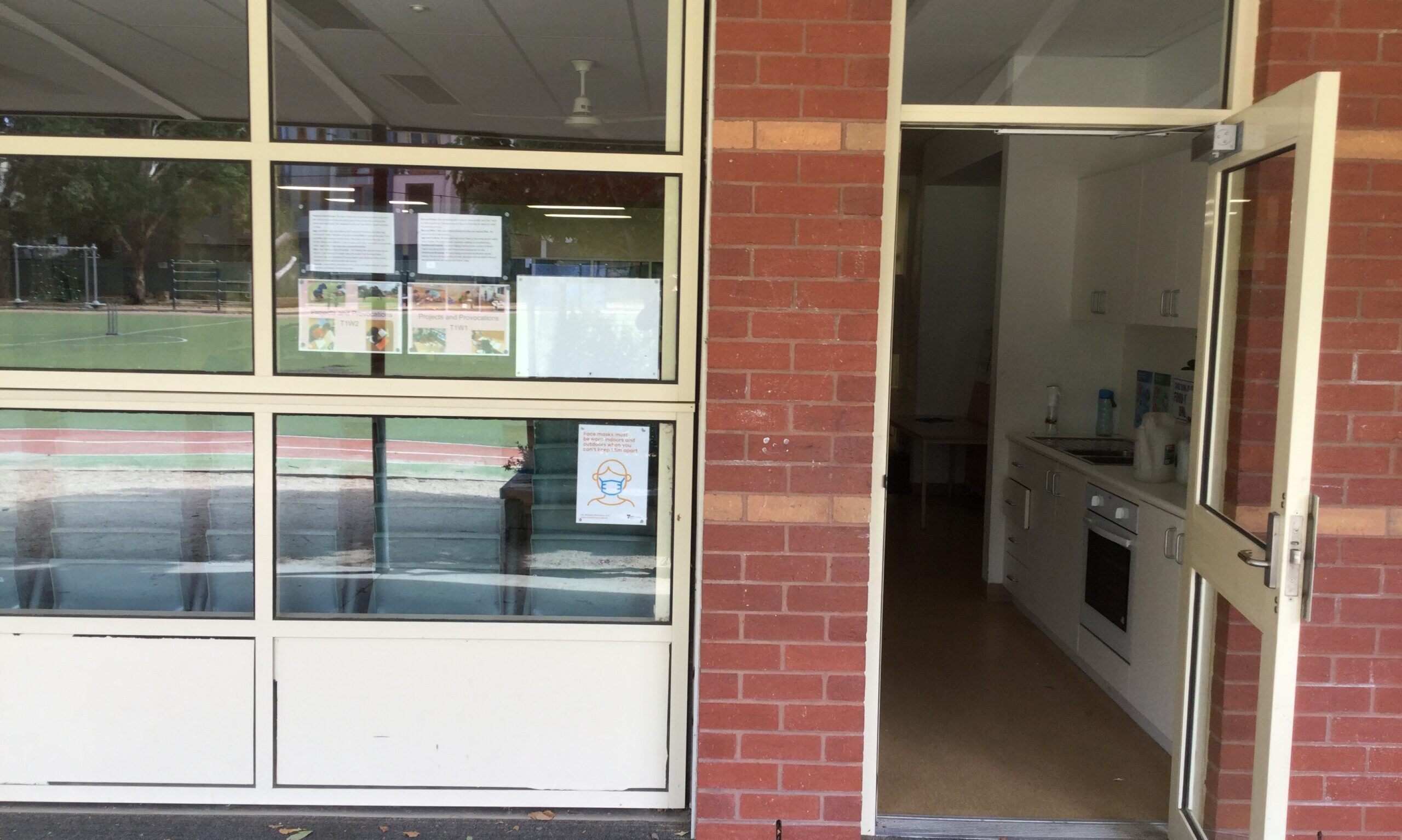
Welcome to the Week 4 ¾ NH2 blog. Over the past couple of weeks we have been looking at democracy, citizenship, rules and laws and rights of the people. These investigations have been guided by our interest in the upcoming election and how decisions are made by people in power.
During our discussions, students are encouraged to think critically and to be actively involved by making connections, challenging and going deeper. Some of the ‘big questions’ that have come up during our rich and in-depth discussions are:
- Who belongs in our country? What rights do those people have?
Annie: When you belong, you feel safe with the people around you.
Elias: You belong here if you are born somewhere.
Huon: I don’t agree because I was born here but I feel like I belong more in Tasmania than Melbourne. I enjoy it more there. I love nature and wildlife and I feel more connected.
Makaila: Belonging means that you feel accepted.
E: You belong in the country when you feel respected. Respected means that wherever you go people won’t bully you and they let you be who you want to be. When you don’t feel that, you don’t feel like you belong there.
Flynn: People who belong here have the right to have a home.
Alina: When you have a home you feel safe and in winter you won’t be freezing cold outside.
Ivy Belle: In the Summer you won’t be boiling hot outside. If you have a roof over your head you are protected.
Jamie: I think, to me, my Mum came to Australia when I was sleeping and I woke up in Australia. I feel like I belong here because I’ve lived here for two years.
Sumaya: This is the story of how I came to Australia. At first I was only supposed to come here for a few days and then I ended up staying here. First I was in Tasmania, then I was in Egypt and then back to Australia. I felt better in Australia because I felt safer here than in Egypt. We didn’t have fun at school there.
- What is citizenship?
E: A citizenship is where you have to be over 16 (it’s different in different countries). In Australia, citizenship allows you to vote. If you’re not a citizen, you might not feel that safe if the Prime Minister you didn’t like them, you can’t use your voice to vote them out. If you’re not a citizen, you need to keep having visas and they expire and they are expensive. Being a citizen is like owning a house and having a visa is like renting a house. Even if you love the place, inside you know that you can’t stay there.
- “What happens if someone does not have citizenship?”- Robert
E: If you don’t have a citizenship, you can’t get citizenship in another country. The UNHCR is really trying to help stateless people to have the right to vote and to belong.
Gigi: When you’re stateless, you can’t become a citizen of the country you’re in or another country. You can’t travel, get a job or have a house.
Ayshe: If you don’t have citizenship then you’re considered ‘stateless’. When you have citizenship you have a passport, a birth certificate and papers that tell people who you are. If you’re not a citizen you don’t’ have an ‘official’ identity. You can’t go to the doctor, you can’t get a bank account. Since you don’t have an official identity, you can’t get a job so that means most stateless people end up working illegally which eventually gets them into jail. It’s not their fault that they’re not a citizen.
- What rights would citizens of PHPS have?
Alex S: They should have the right to learn, the right to go out to lunch and play and they should have the right to have fun.
Mia: They should have the right to be safe and happy.
Undram: They have the right to be respected for who they are because if you’re not, you’d feel like you’ve got pressure on you to make people like you.
3/4N2
